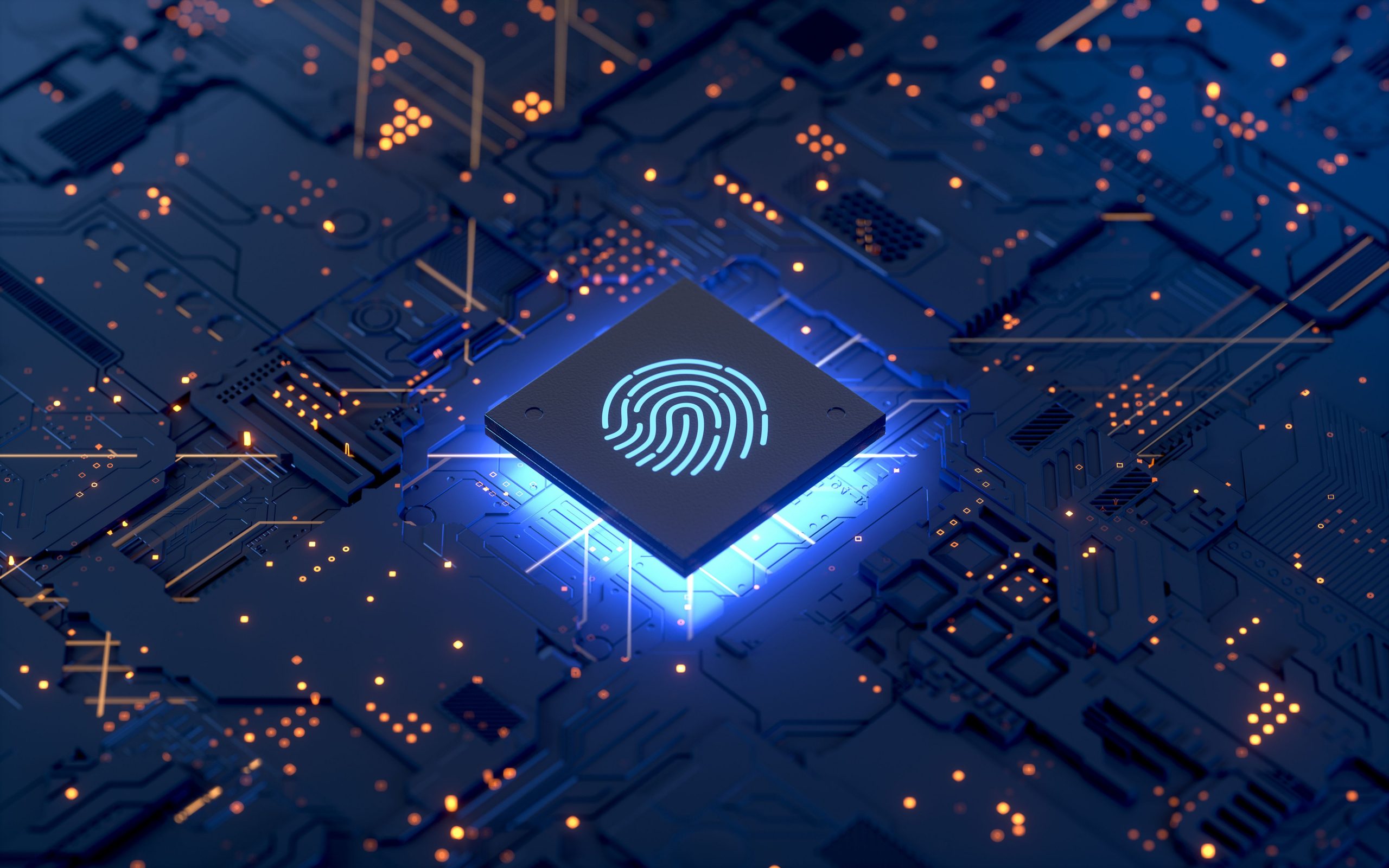Enhancing Marketing Automation

In the era of data-driven marketing, understanding your customers on a granular level is vital for delivering personalized and effective marketing campaigns. The digital customer fingerprint, a comprehensive profile of an individual’s online behavior and preferences, is transforming the landscape of marketing automation. In this article, we’ll explore the profound impact of the digital customer fingerprint on marketing automation and how it’s revolutionizing the way businesses connect with their target audience.
Unpacking the Digital Customer Fingerprint
The digital customer fingerprint is a multifaceted concept that goes beyond basic demographic data. It encompasses an individual’s online interactions, behaviors, preferences, and more. Here’s what makes up the digital customer fingerprint:
- Behavioral Data: This includes the pages a customer visits on your website, the products they view, and their engagement with your content.
- Purchase History: Information about past purchases and transactional data, including the frequency, products, and value of purchases.
- Social Media Activity: Insights into a customer’s activity on social platforms, such as the content they engage with and the communities they are part of.
- Email Interaction: Data related to email opens, click-through rates, and responses to email campaigns.
- Search Queries: The keywords and phrases customers use in search engines, indicating their interests and intent.
- Geolocation: Location data can provide insights into the physical context of customer behavior.
- Device Preferences: Information about the devices customers use to access your content or make purchases.
- Content Preferences: The type of content (e.g., blogs, videos, infographics) that customers prefer.
The Impact of the Digital Customer Fingerprint on Marketing Automation
Marketing automation leverages the digital customer fingerprint in several ways to enhance the customer journey and overall marketing strategy:
1. Personalization at Scale
The digital customer fingerprint allows for hyper-personalization. Marketing automation tools can use this data to create tailored messaging, product recommendations, and content that resonates with individual customers. This level of personalization significantly boosts engagement and conversion rates.
2. Predictive Analytics
By analyzing the digital customer fingerprint, marketing automation platforms can predict customer behavior, such as the likelihood of making a purchase or the probability of churn. This information is invaluable for making data-driven decisions and optimizing marketing strategies.
3. Segmentation
Marketing automation tools can segment your audience based on their digital fingerprints. This segmentation enables you to send highly targeted communications to different groups, ensuring that the right message reaches the right people at the right time.
4. Triggered Campaigns
The digital customer fingerprint can trigger automated marketing campaigns based on specific customer actions. For example, if a customer abandons their shopping cart, an automated email can be sent with a reminder or an incentive to complete the purchase.
5. Customer Journey Mapping
Understanding the digital customer fingerprint helps businesses map the customer journey more accurately. This leads to more effective nurturing of leads and a smoother path to conversion.
6. Content Recommendations
Marketing automation can use behavioral data from the digital customer fingerprint to recommend content or products that align with a customer’s interests and past interactions. This enhances the overall user experience.
Ethical Considerations
While the digital customer fingerprint is a powerful tool for marketing automation, it’s essential to handle customer data with care and respect privacy. Comply with data protection regulations and ensure that your data collection and storage practices are transparent and secure.
In conclusion, the digital customer fingerprint is transforming marketing automation by providing a rich source of insights into individual customer behaviors and preferences. Leveraging this data enables businesses to deliver highly personalized and relevant marketing campaigns, enhance the customer journey, and ultimately drive better results. As technology continues to advance, the digital customer fingerprint will play an increasingly vital role in shaping the future of marketing automation.
